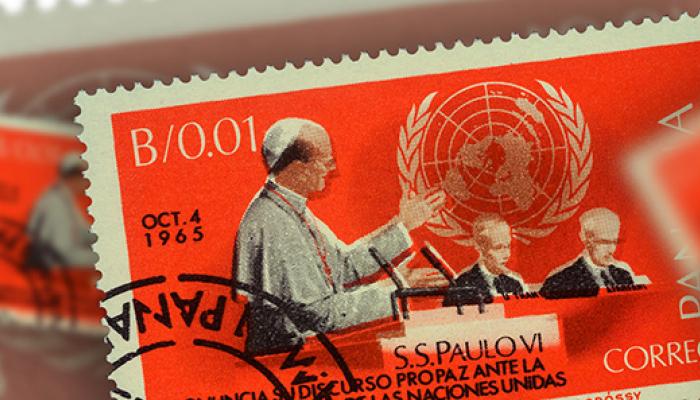
6.23 Mogen ambtenaren religieuze symbolen dragen? Mag de staat (godsdienst) vrijheid aan banden leggen? Kan een christen nationalist zijn, overlopen of een andere staat steunen?
Godsdienstvrijheid is een grondrecht van de mens. Dat betekent dat het alleen beperkt kan worden als het met andere grondrechten zou botsen, als die bijvoorbeeld gaan over het leven of de vrijheid van anderen. De staat heeft bevoegdheid om te beslissen welke rechten voorrang krijgen. In de meeste gevallen zouden christenen vrij moeten zijn om een kruisje om hun hals te dragen, of moslims een hoofddoekje. Als zij zichzelf of anderen er niet mee in gevaar brengen, waarom zou de staat dan het recht hebben hun grondrecht in te perken om in vrijheid hun godsdienst te kiezen en na te leven?
Liefde voor je land is prima, maar als nationalisme betekent dat je anderen uitsluit of hun grondrechten inperkt dan is dat verkeerd. Als je je geweten volgt, kun je iedereen overal steunen - zolang je dat maar in lijn met de leer van Jezus doet.
Does the commandment of God, “You shall not make for yourself a graven image” (Exodus 20:3), forbid the cult of images?
In the Old Testament this commandment forbade any representation of God who is absolutely transcendent. The Christian veneration of sacred images, however, is justified by the incarnation of the Son of God (as taught by the Second Council of Nicea in 787AD) because such veneration is founded on the mystery of the Son of God made man, in whom the transcendent God is made visible. This does not mean the adoration of an image, but rather the veneration of the one who is represented in it: for example, Christ, the Blessed Virgin Mary, the Angels and the Saints [CCCC 446].
What is the principle of subsidiarity?
The principle of subsidiarity states that a community of a higher order should not assume the task belonging to a community of a lower order and deprive it of its authority. It should rather support it in case of need [CCCC 403].
The global dimension has to be considered without ever losing sight of the local. As a reaction to a ‘spherical’ notion of globalisation, one that levels differences and smooths out particularities, it is easy for forms of nationalism to re-emerge… Some of these attitudes go back to the period between the two World Wars, when populist and nationalist demands proved more forceful than the activity of the League of Nations. The reappearance of these impulses today is progressively weakening the multilateral system, resulting in a general lack of trust, a crisis of credibility in international political life, and a gradual marginalisation of the most vulnerable members of the family of nations [Pope Francis, To the diplomatic corps, 7 Jan. 2019].





